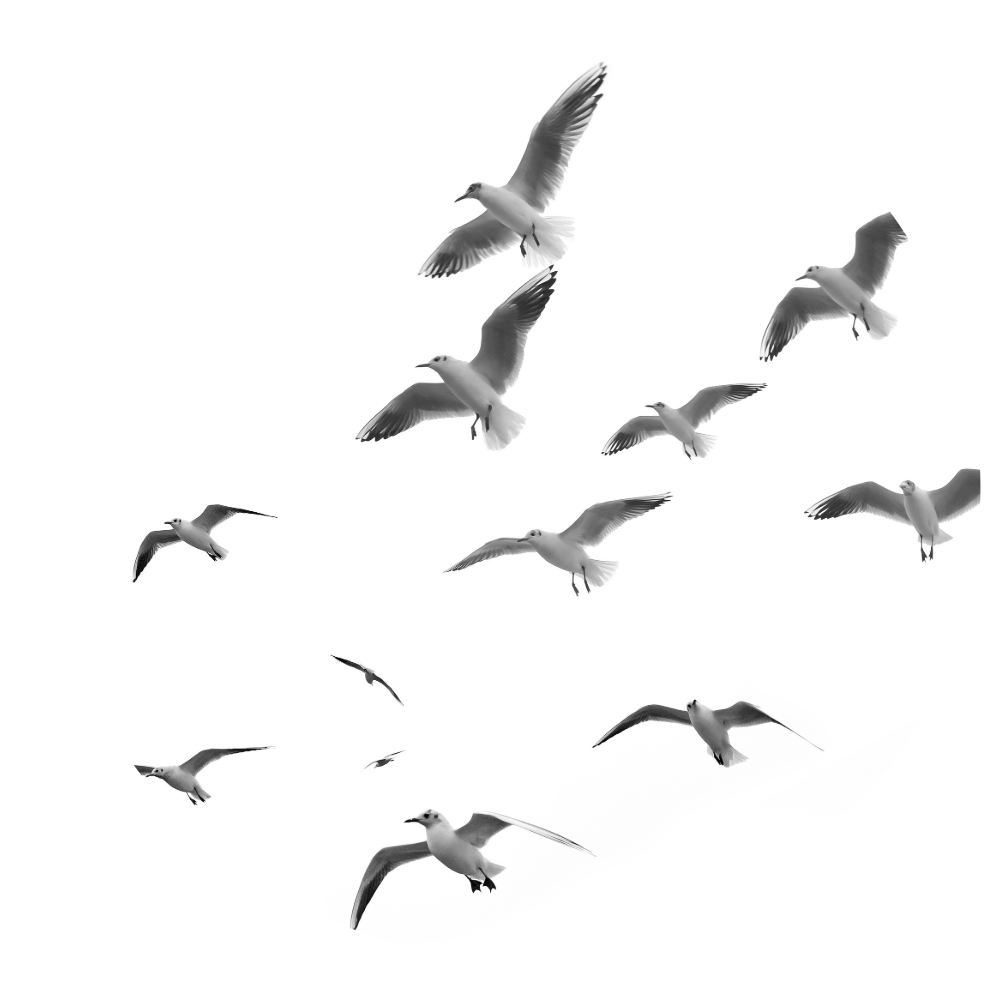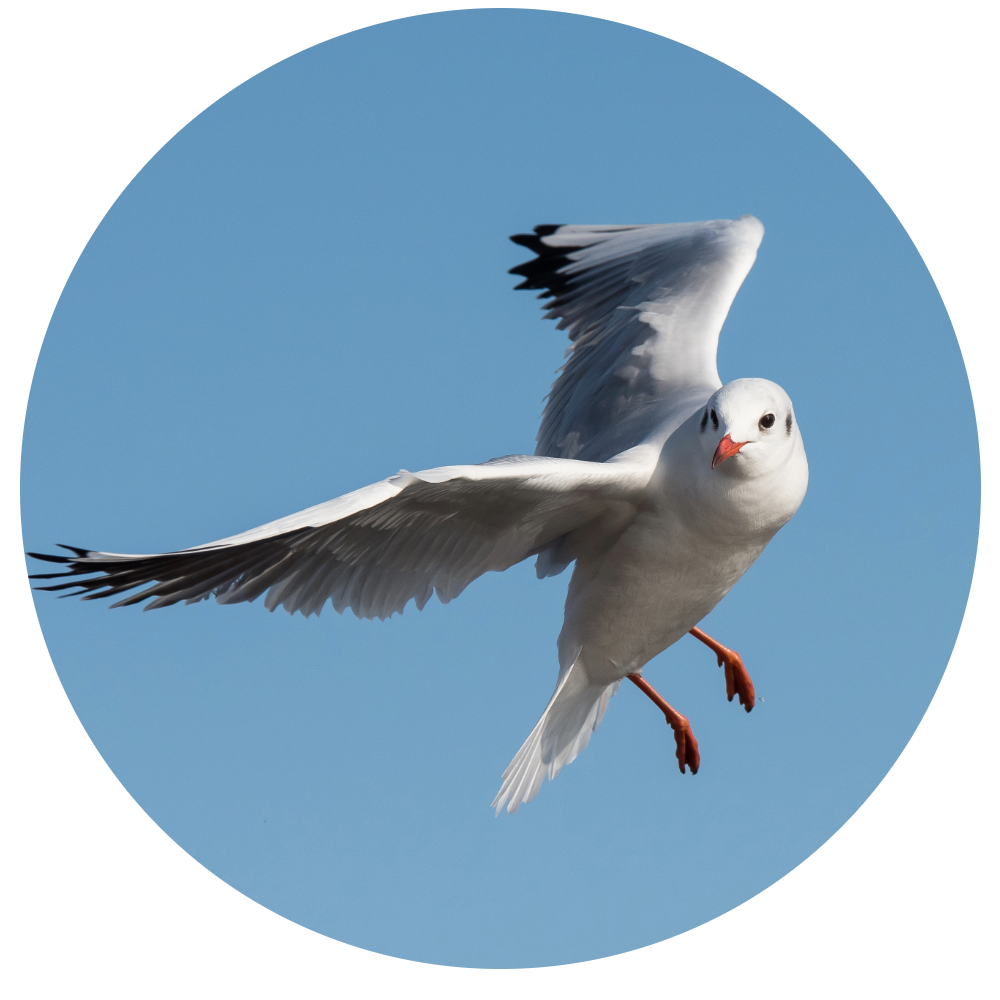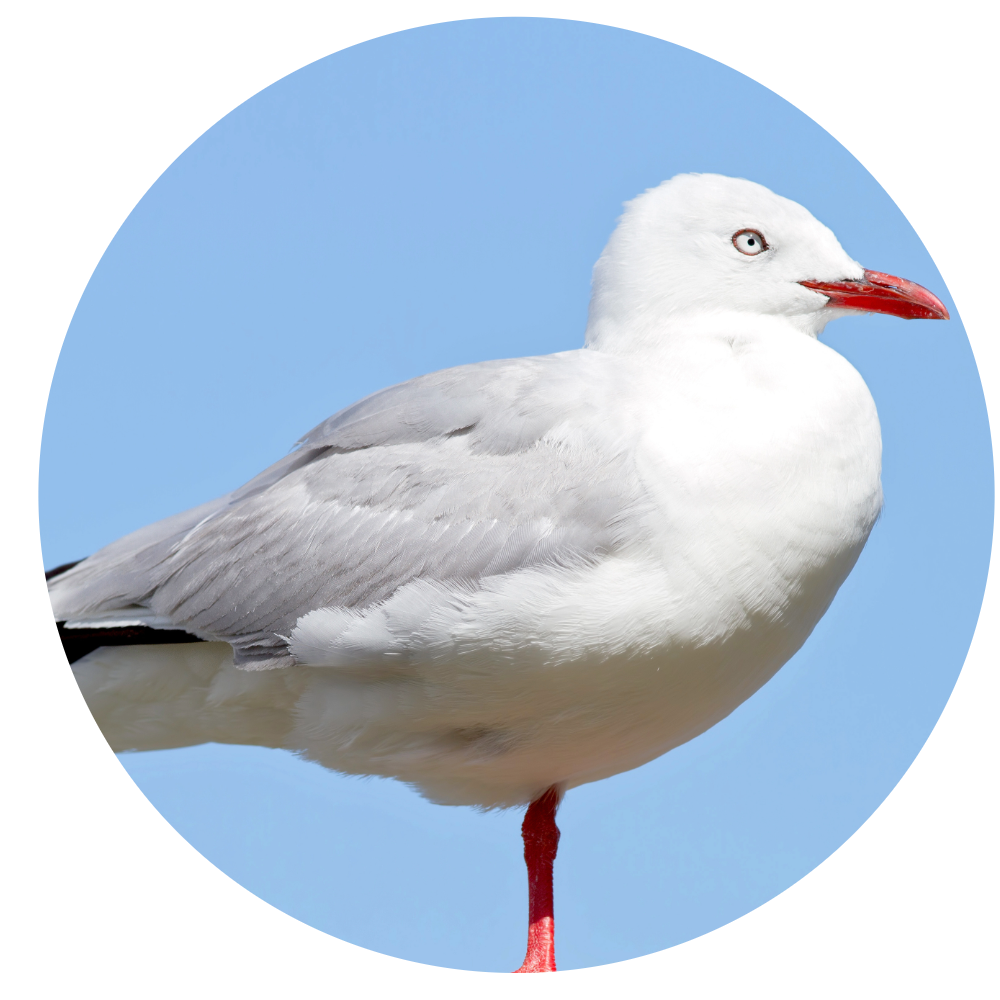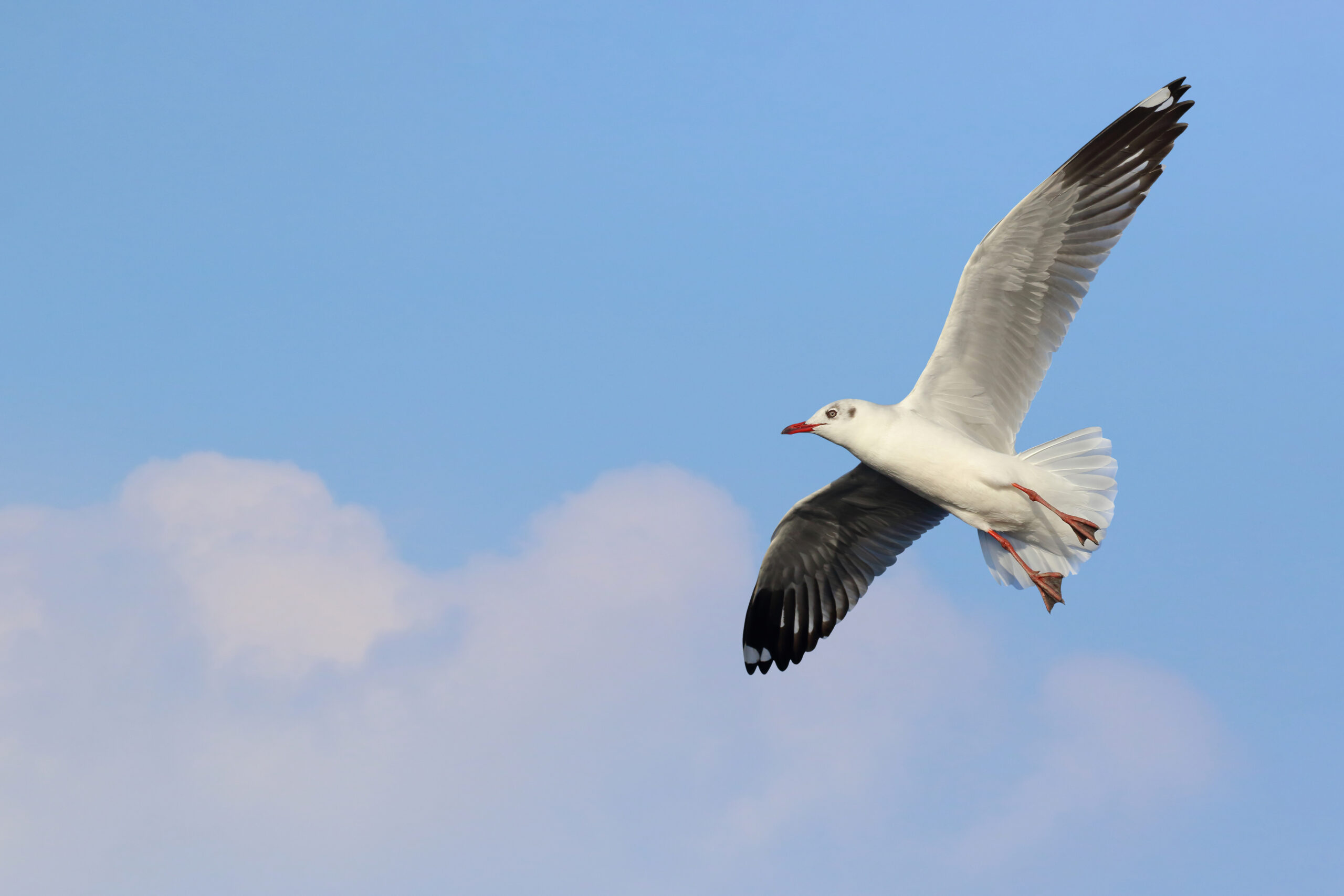Gulls
Seabirds, commonly known as gulls, present a challenging nuisance to manage due to their dispersed activity patterns, remarkable adaptability, and notably higher intelligence compared to other pest avians.



Control techniques
These encompass traditional methods like bird nets and spikes, alongside newer innovations such as bird free gel. This gel resembles fire to gulls, effectively deterring them from what they perceive as a hazardous area.
We’ll swiftly address any gull issues with minimal disturbance, providing guidance on maintaining gull-free premises in the future.

Risks to your business or organisation by gulls
Seagulls can present various hazards to businesses or organisations, particularly in regions where they are plentiful or have become a nuisance. Several potential risks include:
Damage to property
Hazards to health and safety
Aggressive behaviour
Noise disturbance
Have a question? check these answers.
The legal safeguarding of gulls differs based on the species and the country or region. In certain areas, particular species of gulls might receive protection under wildlife conservation legislation, particularly during their breeding season. It's crucial to consult local regulations concerning gulls and any specific safeguards enforced.
The term "seagull" is a commonly used colloquial name for several species of gulls frequently sighted in coastal regions. Gulls belong to the Laridae family, making seagulls essentially a type of gull.
Seagulls are occasionally deemed a nuisance or pest, especially in urban settings, because of problems like their aggressive conduct, noise, property harm, and scavenging for food. Dealing with issues related to seagulls typically requires taking steps to deter nesting or roosting, ensuring secure waste disposal, and seeking expert guidance when needed.


